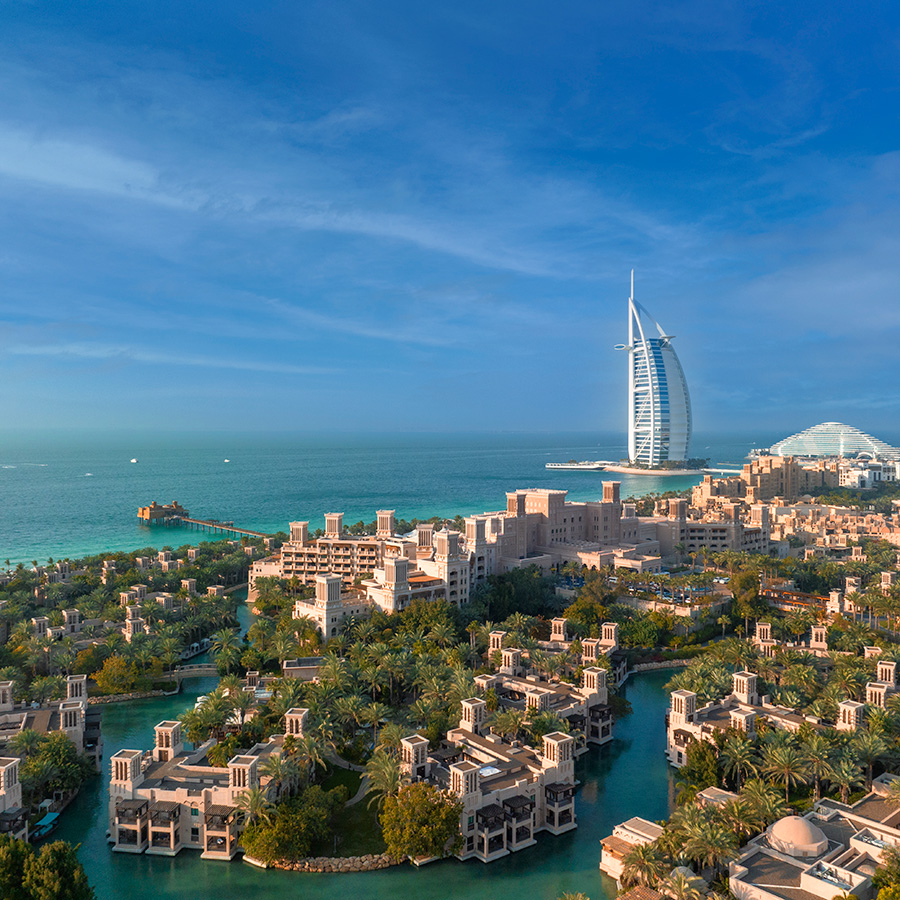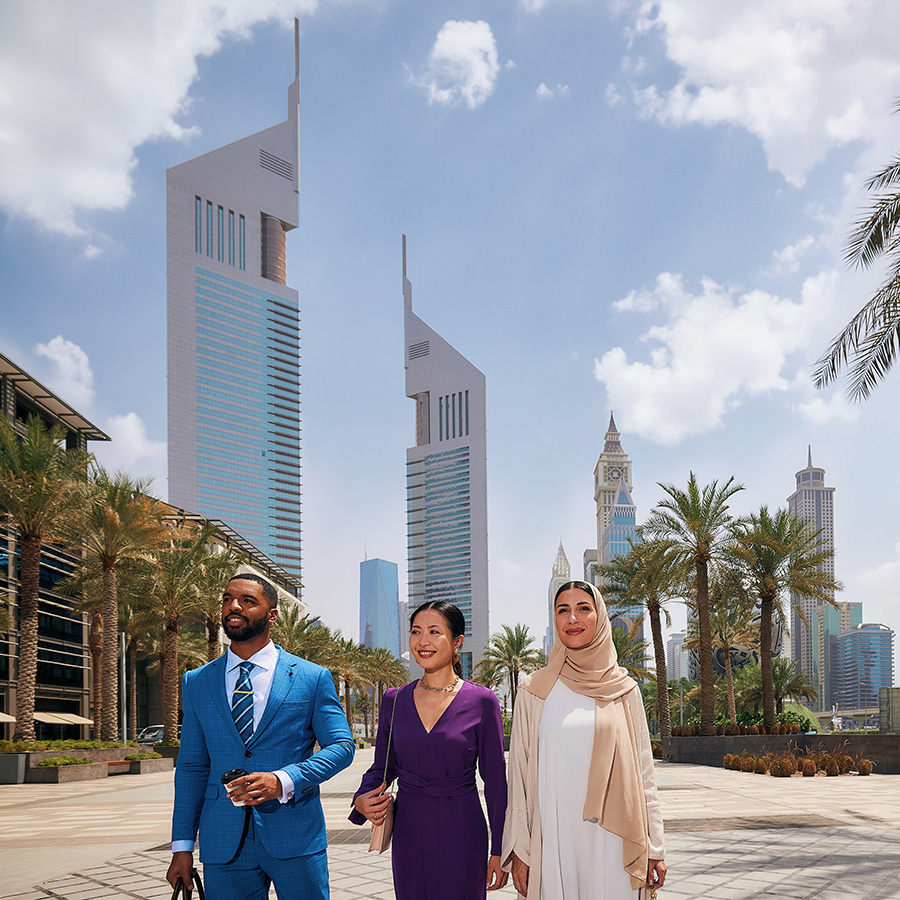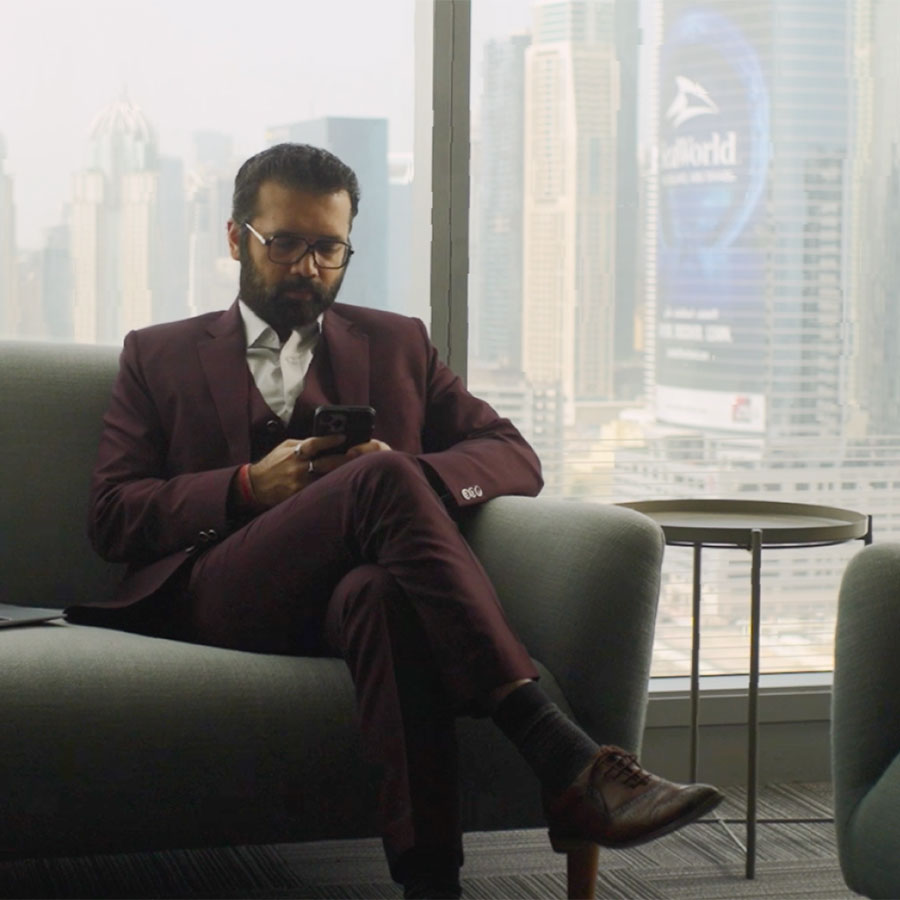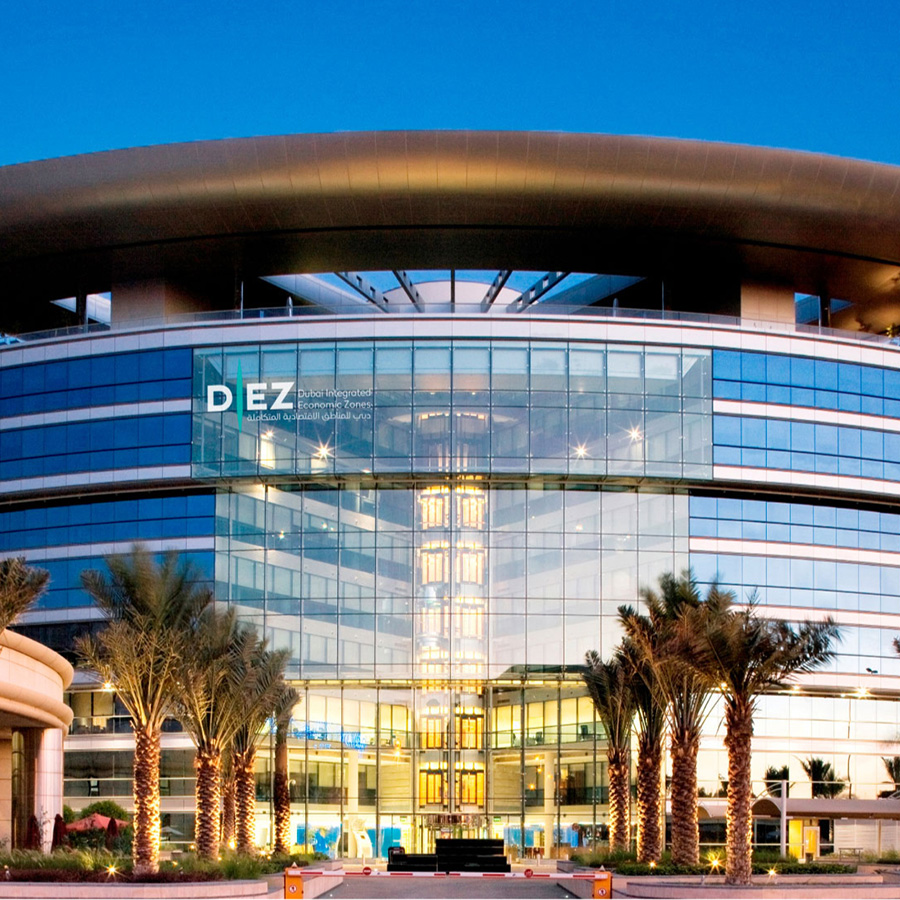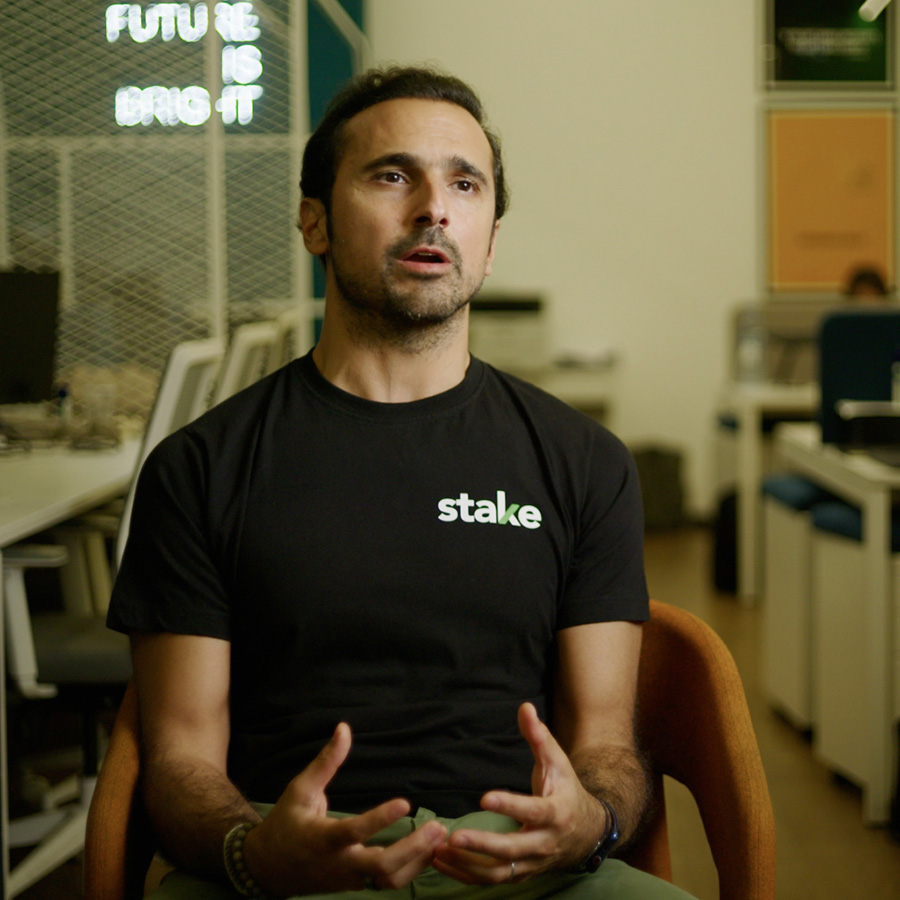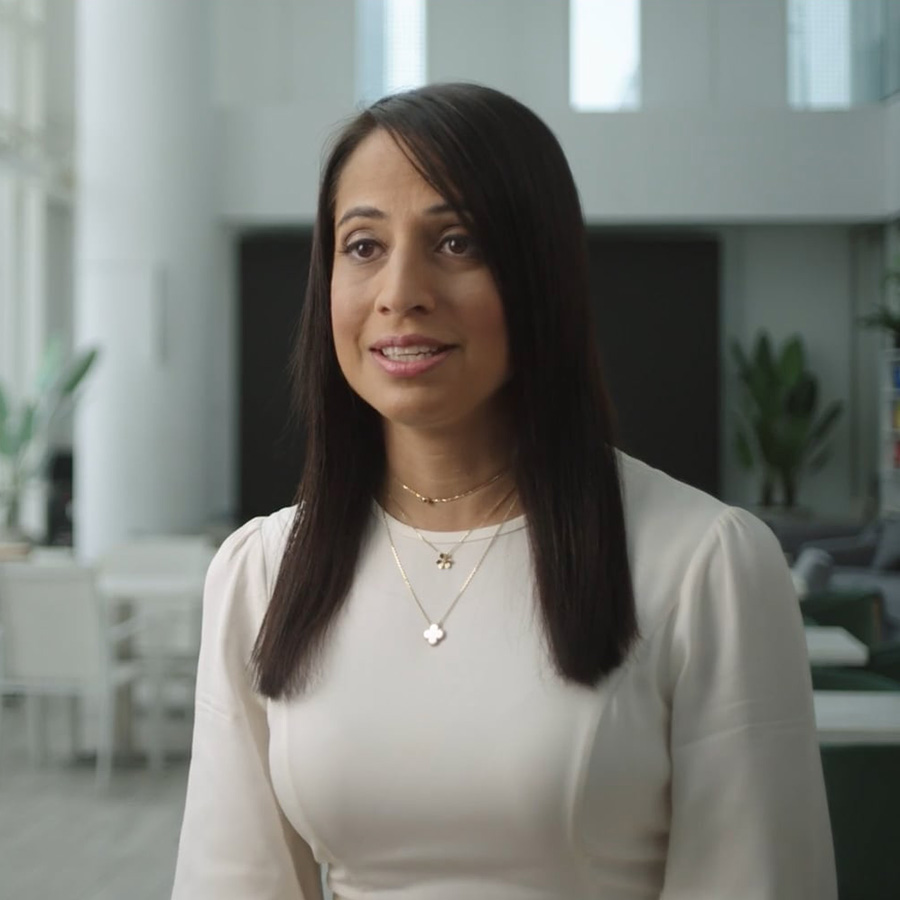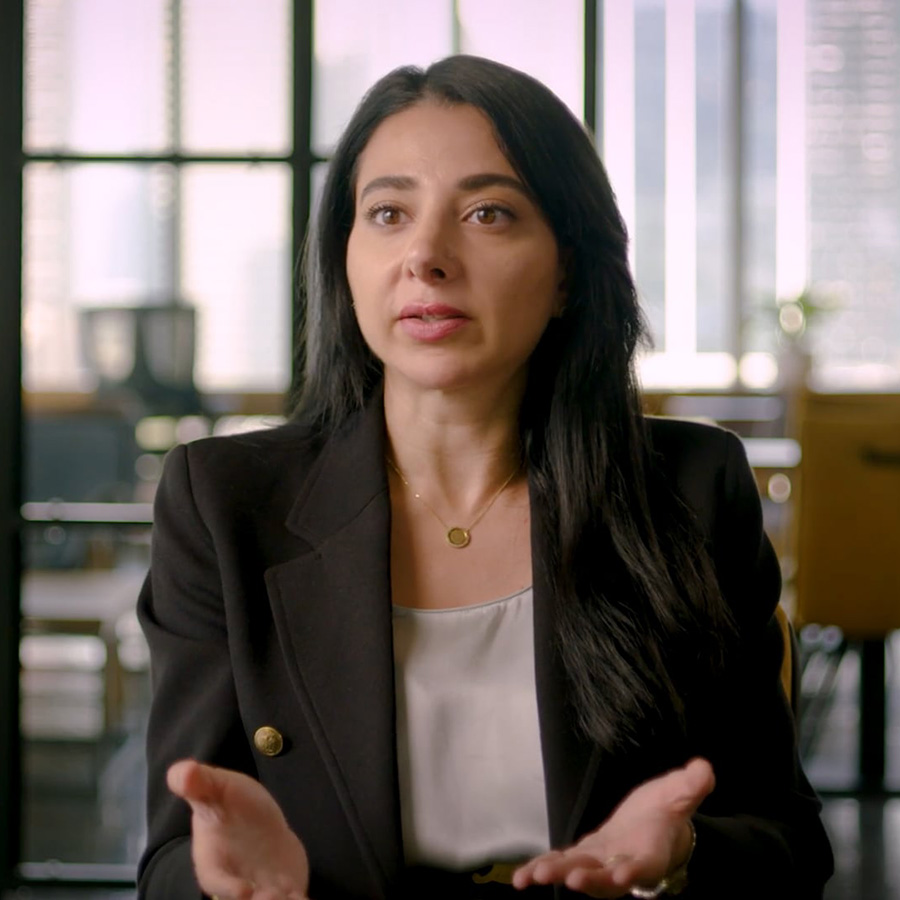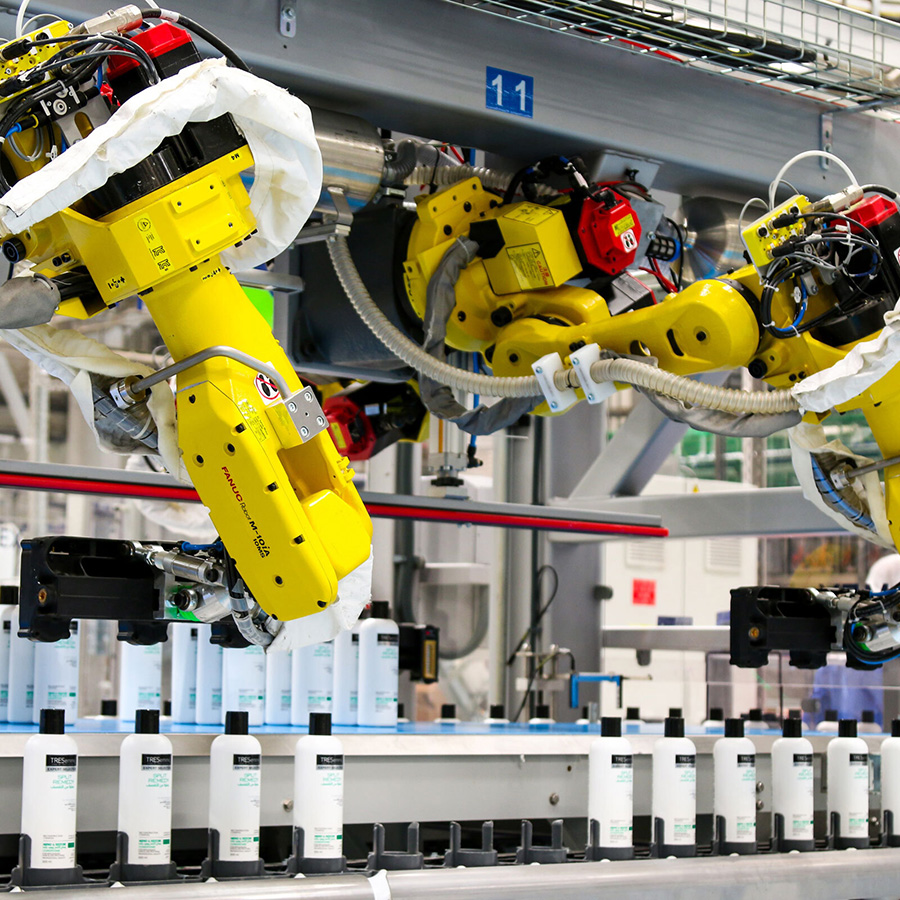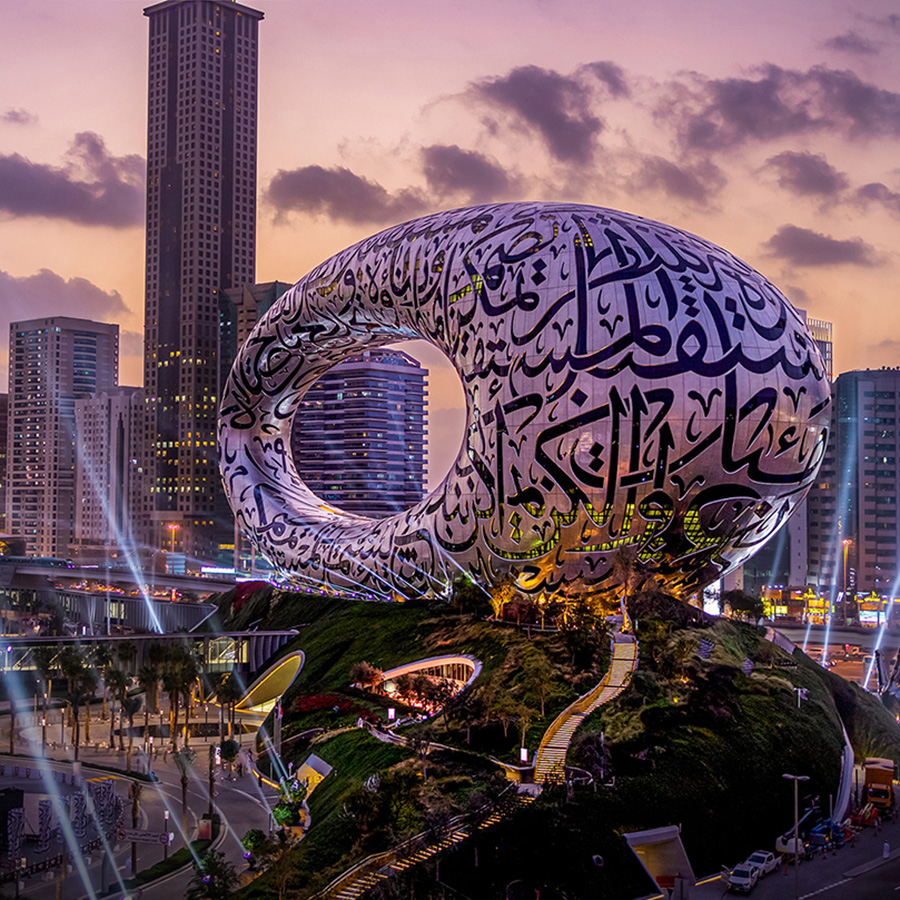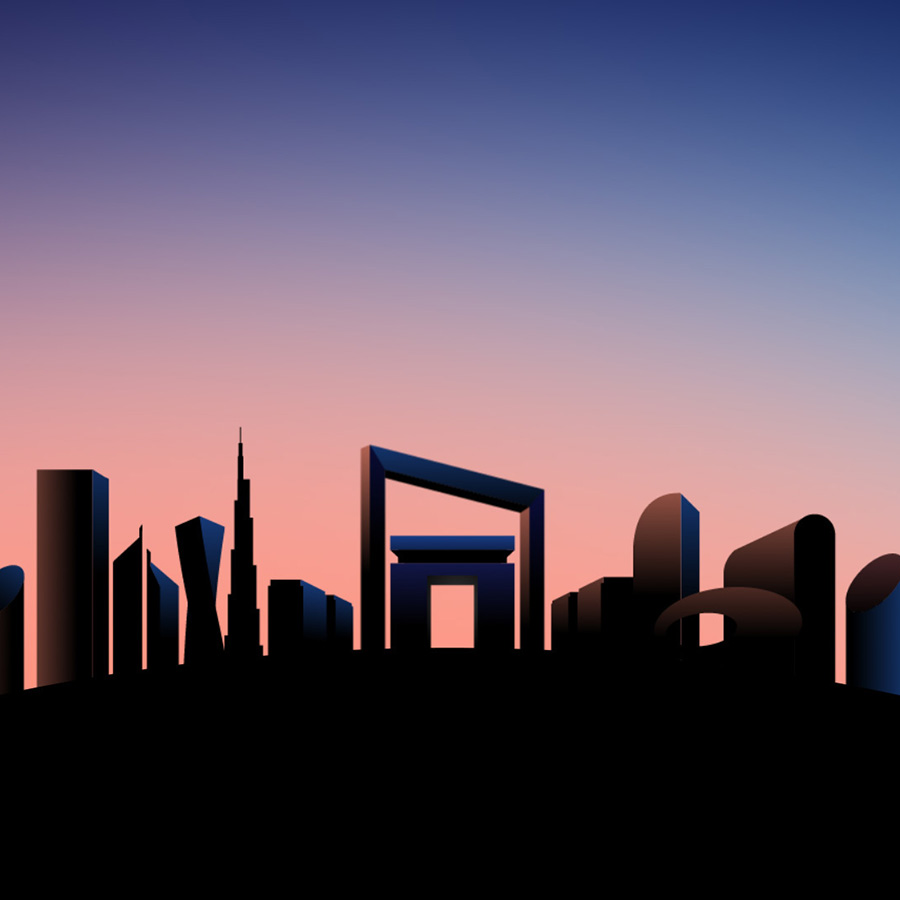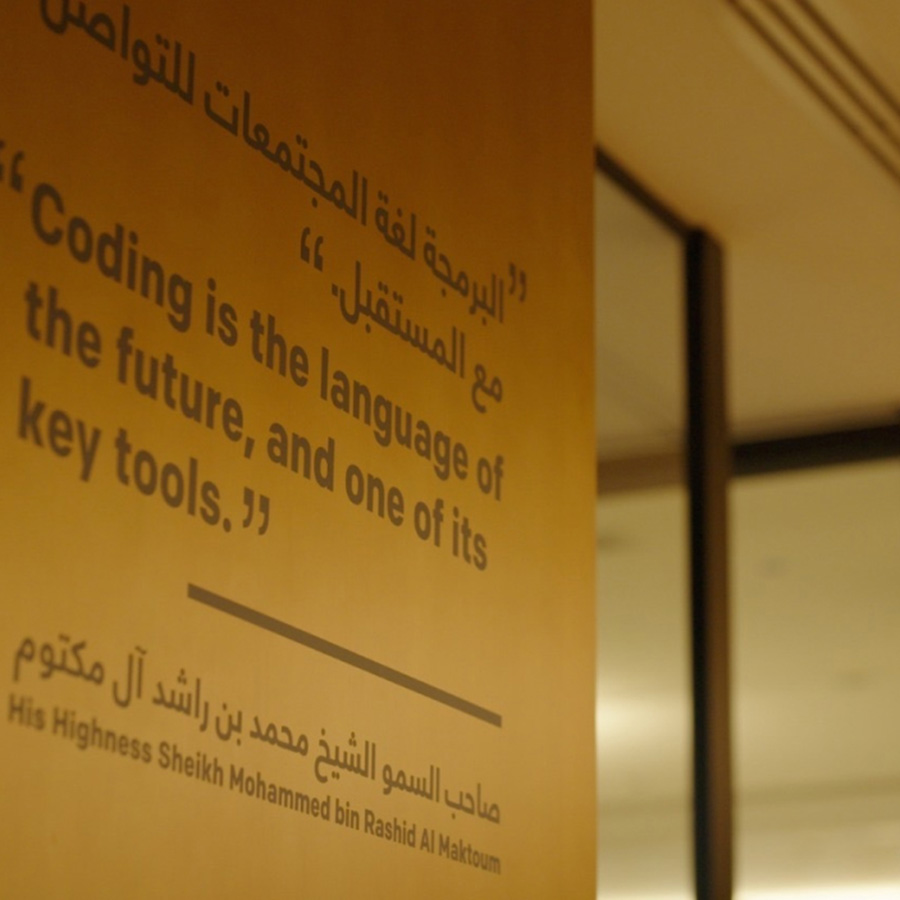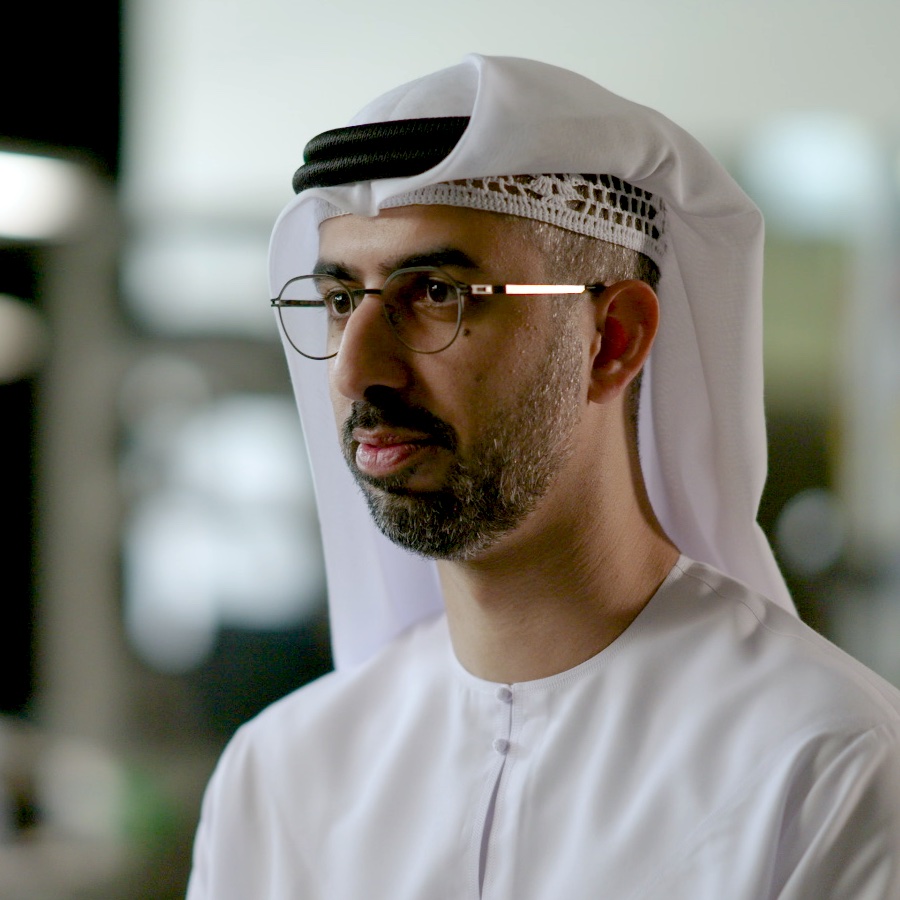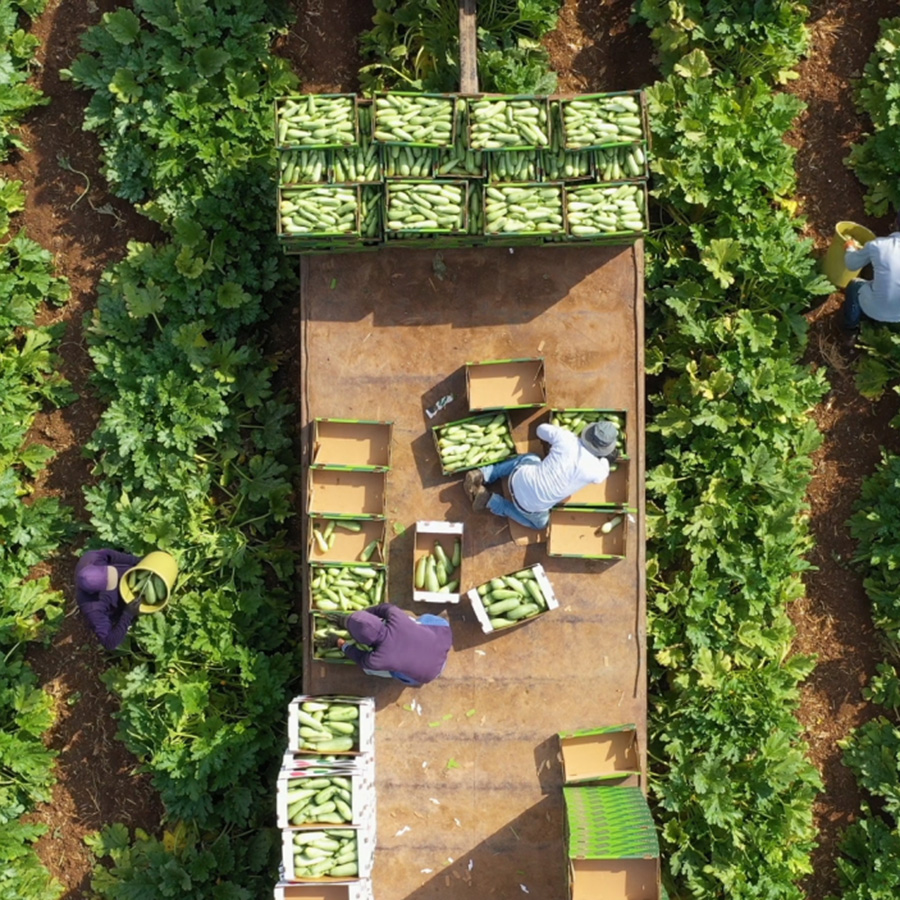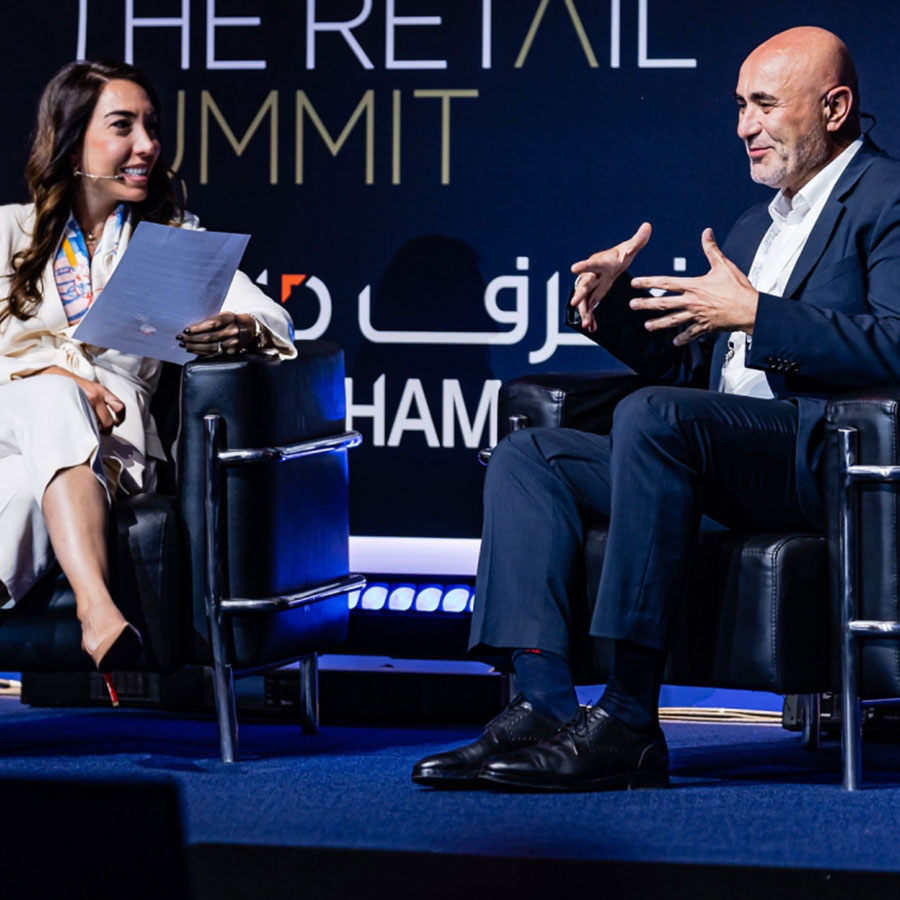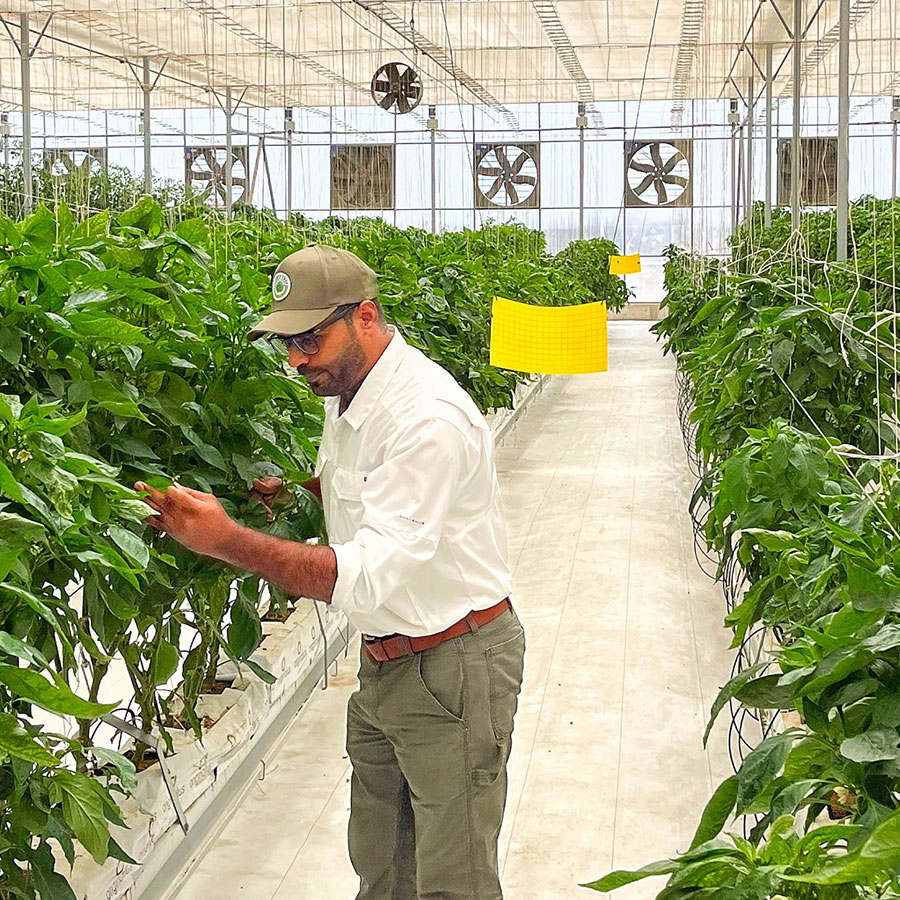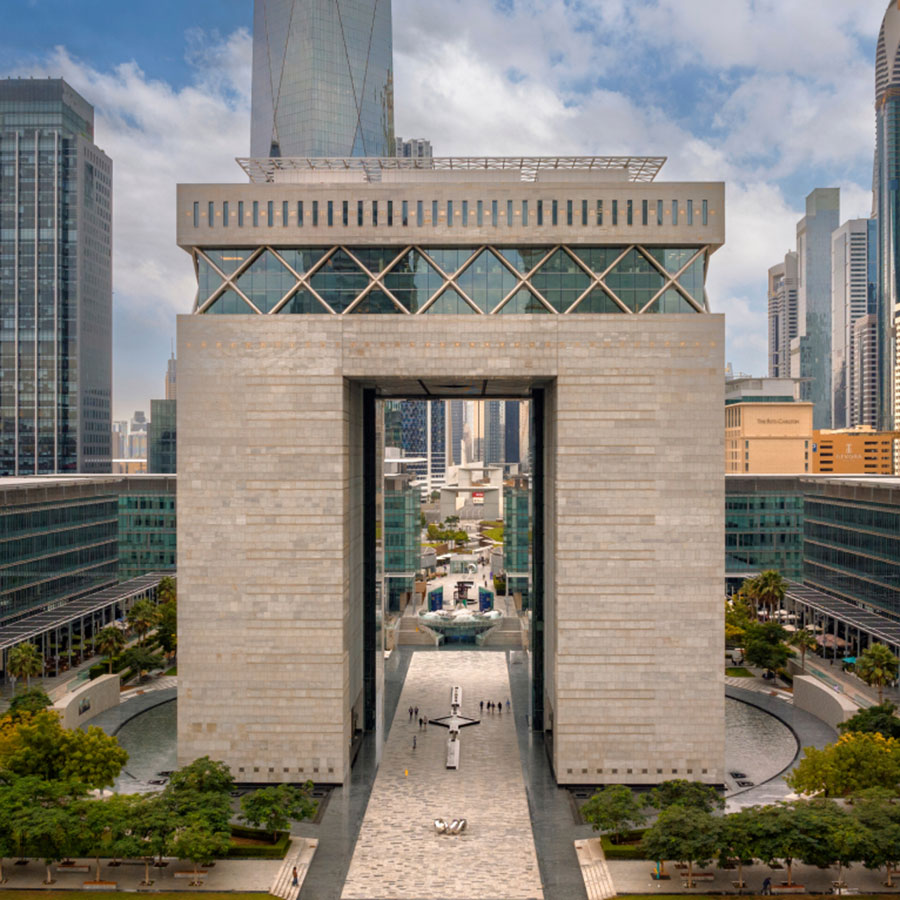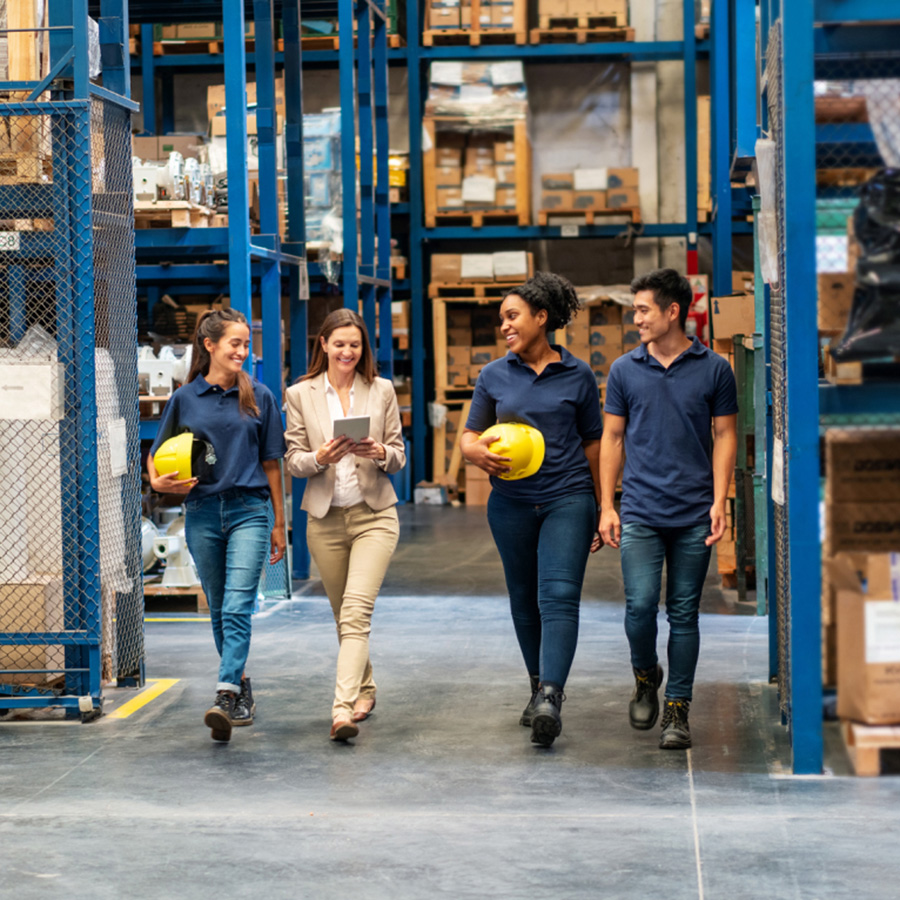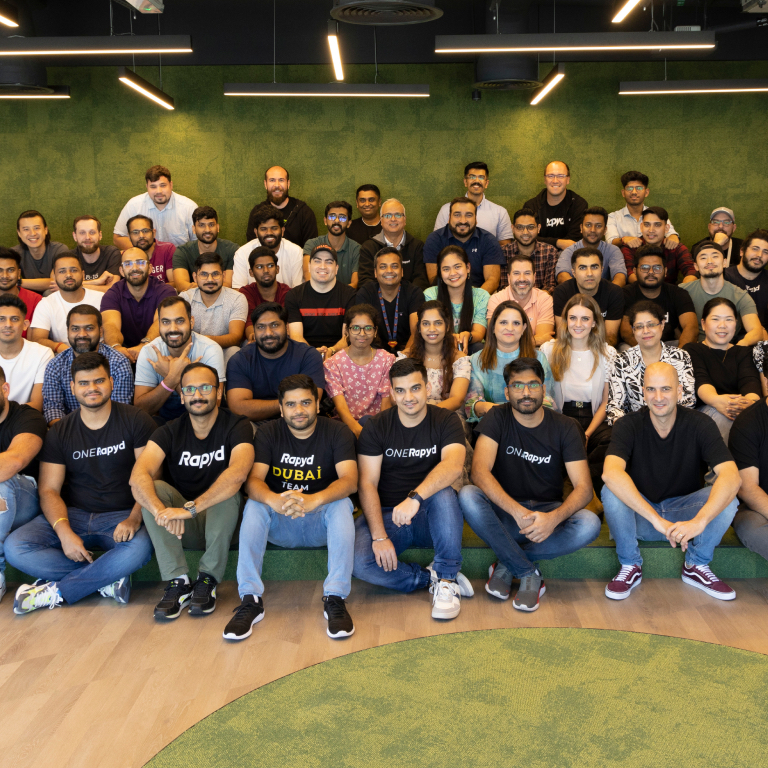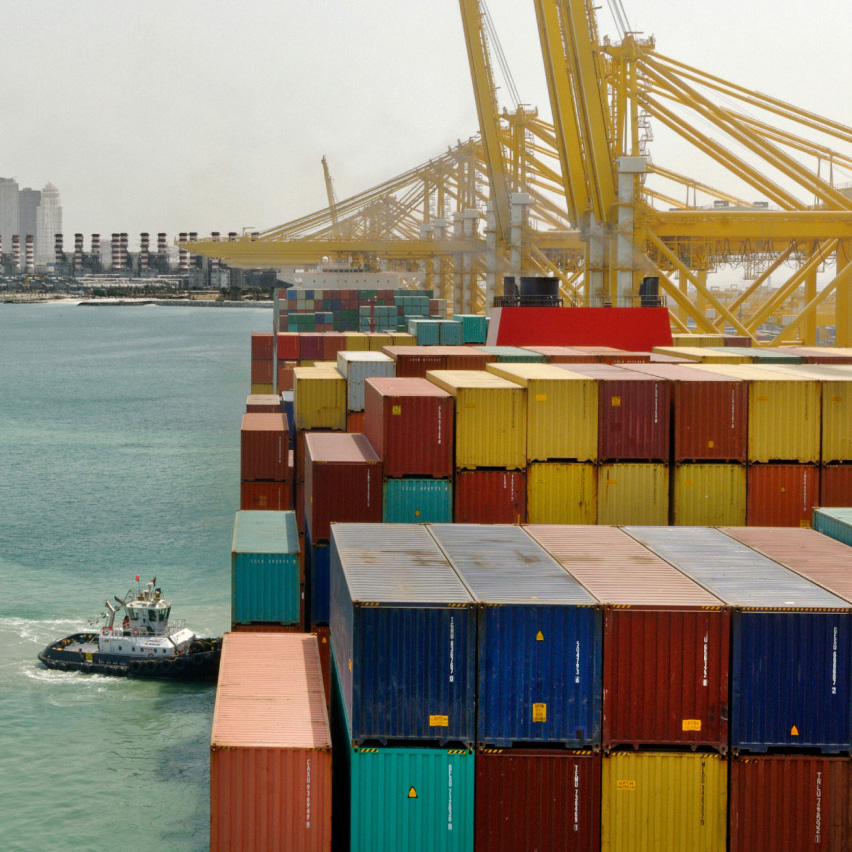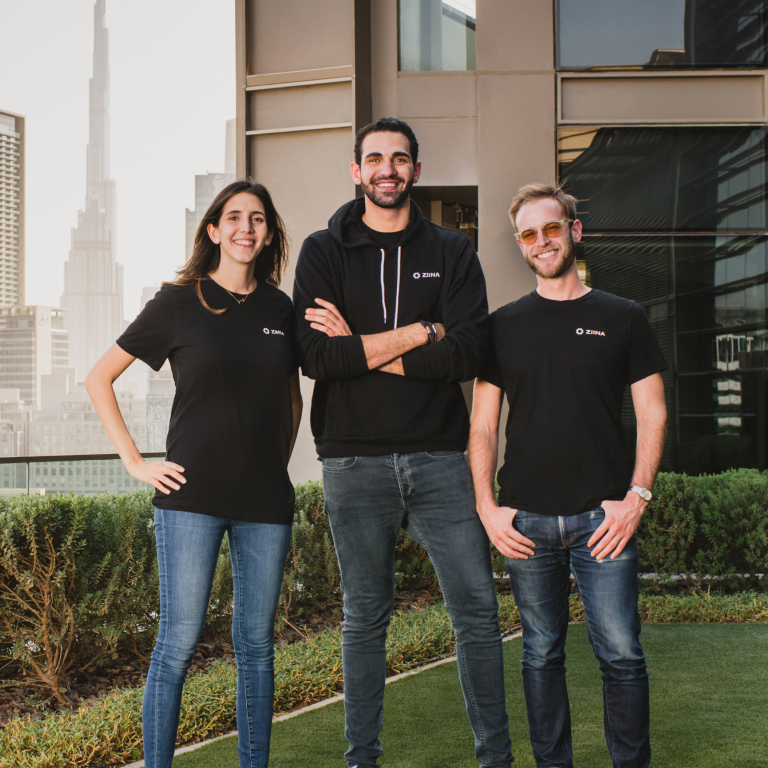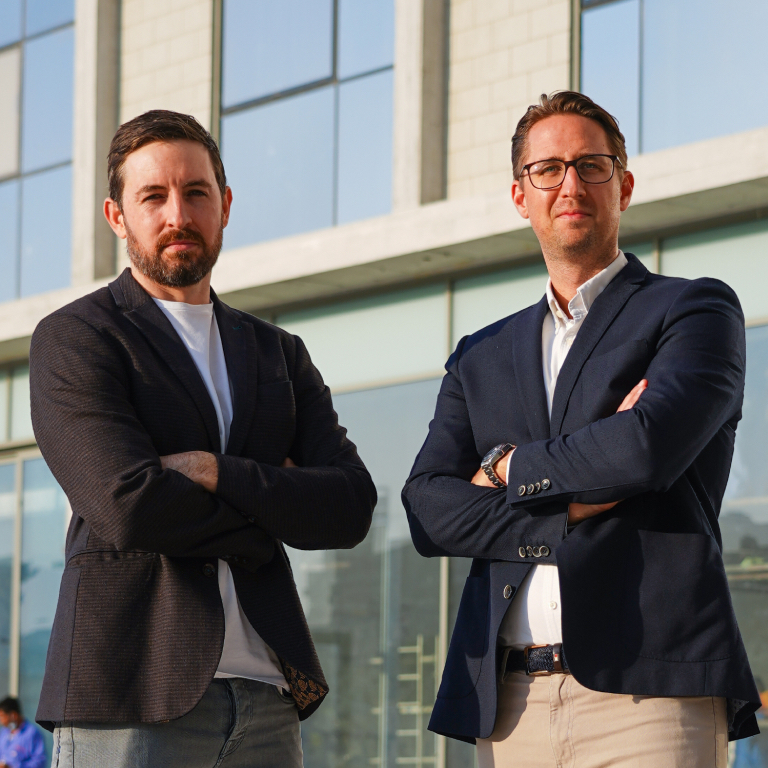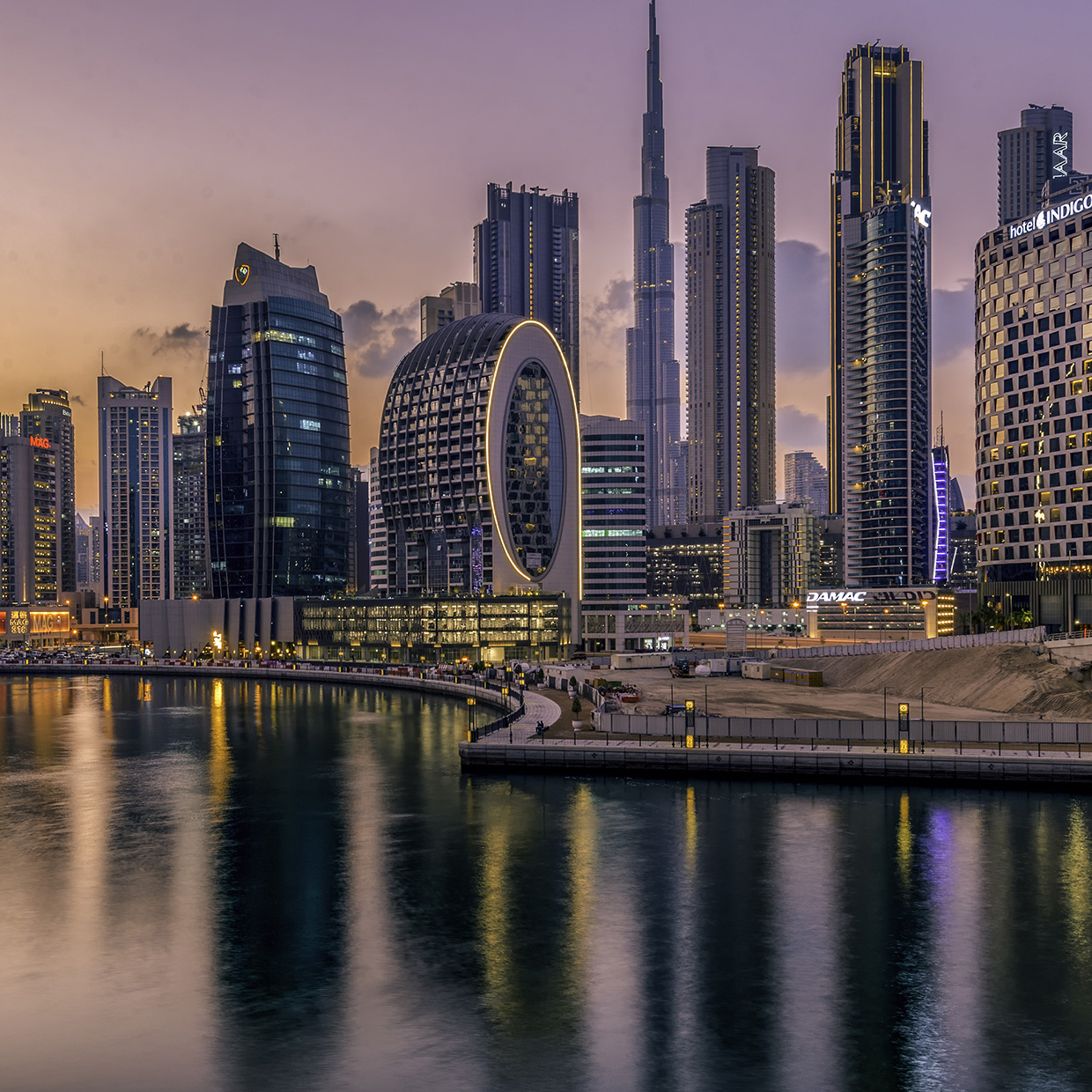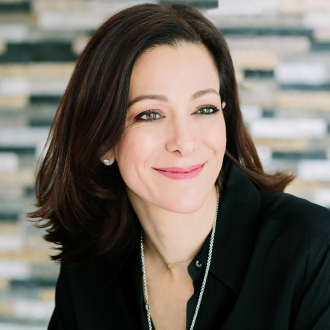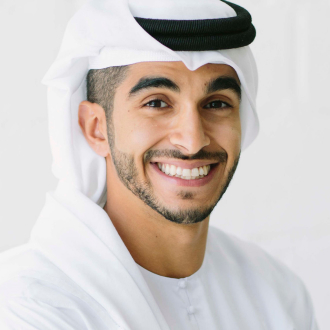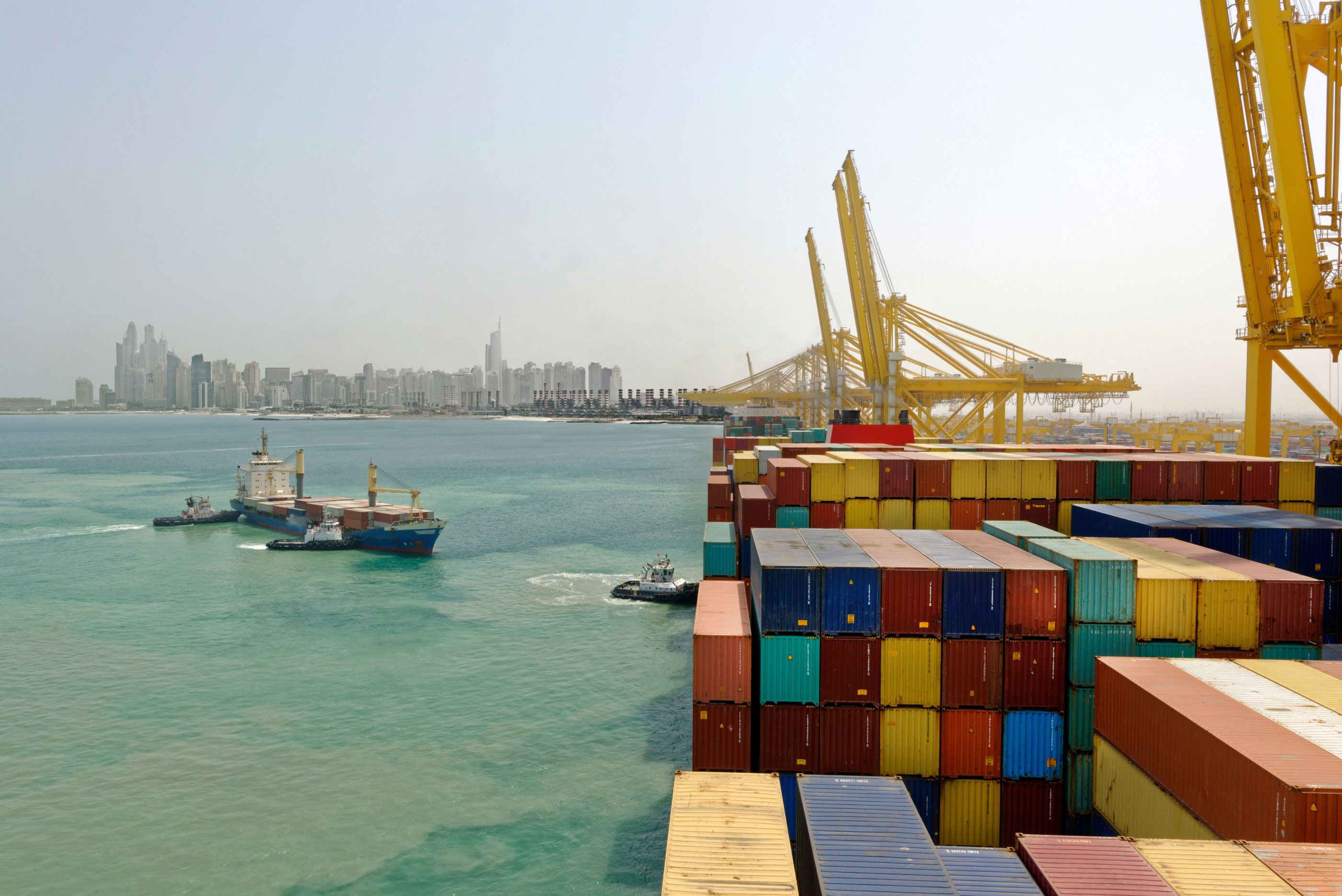
Global disruption is localizing supply chains. But frictionless borders remain crucial to the flow of goods and services
Having endured a recent series of crises and disruption, businesses have shifted supply chain priorities from ‘just-in-time’ efficiency to reliability and resiliency.
One major path to resiliency is regionalization: on- near- or friend-shoring operations and suppliers closer to home. In 2022, 44% of supply chain leaders surveyed by McKinsey said they were regionalizing their supply chains.
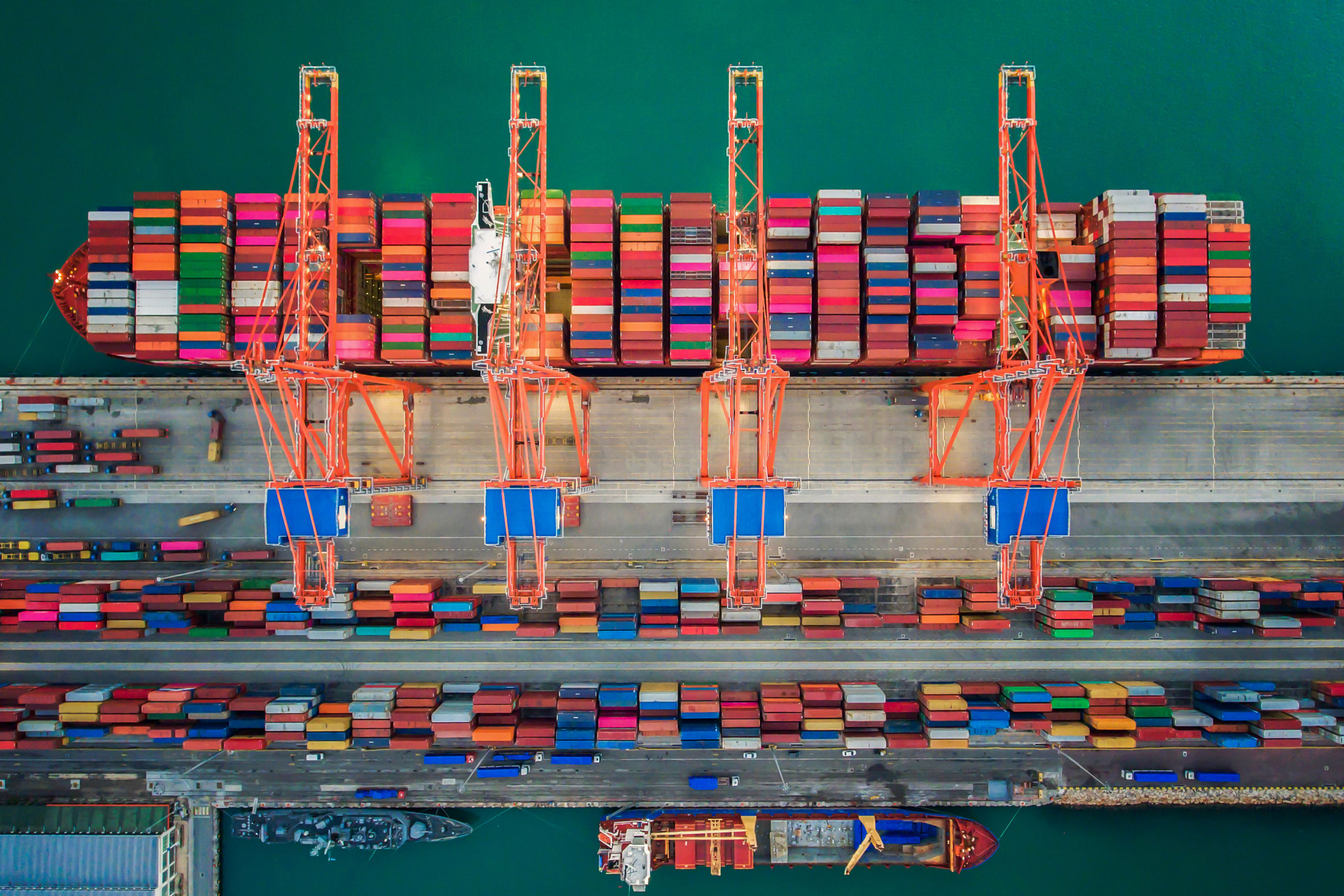
And yet, even against this backdrop, Dubai is aiming to become one of the world’s top five logistics hubs, in part by doubling the size of its foreign trade and adding 400 cities across Africa, Latin America, and Southeast Asia as key trading partners. It also aims to build on the UAE’s existing 193 trade agreements, with a new focus on signing Comprehensive Economic Partnership Agreements (CEPA).
There is a strong case for Dubai’s rapid trade liberalization during a period of alleged ‘deglobalization.’ It’s a case that demonstrates the continuing importance of cross-border trade – and why it is as equally essential to resilient supply chains as localizing suppliers.
Lubricating global trade
“There will always be a need for cross-border trade,” says Bharat Bhatia, founder and CEO of Conares, the second-largest steel manufacturer in the Gulf. “Particularly in industries where certain resources are not available locally, or where economies of scale can only be achieved through global sourcing.”
“This wide-ranging reduction of trade barriers provides increased market access, which can encourage businesses in both countries to explore new opportunities.”
— Bharat Bhatia, founder and CEO of Conares
While supply chain regionalization makes headlines, a parallel trend is diversification: Reducing risk by having multiple suppliers in multiple locations, establishing contingencies in case of disruption. 81% of McKinsey respondents said they were dual-sourcing raw materials.
Achieving this, as with any cross-border trade, requires two ingredients. First, physical infrastructure: the boats, planes, trains, and highways on which goods are carried across borders.
Second, the administrative architecture that permits such movement and makes it economically feasible: The Double Taxation Agreements (DTA) that prevent goods attracting the same taxes on both sides of the border, and the Bilateral Investment Treaties (BIT) that define or remove tariffs and regulations on trade between signatories.
This architecture may not be visible, but it holds enormous power. Witness the drop-off in trade across Europe thanks to the invisible barriers of geopolitical actions.
Conversely, in the eight months since the UAE-India CEPA came into force – reducing trade barriers – trade between the two countries has already increased 30%.
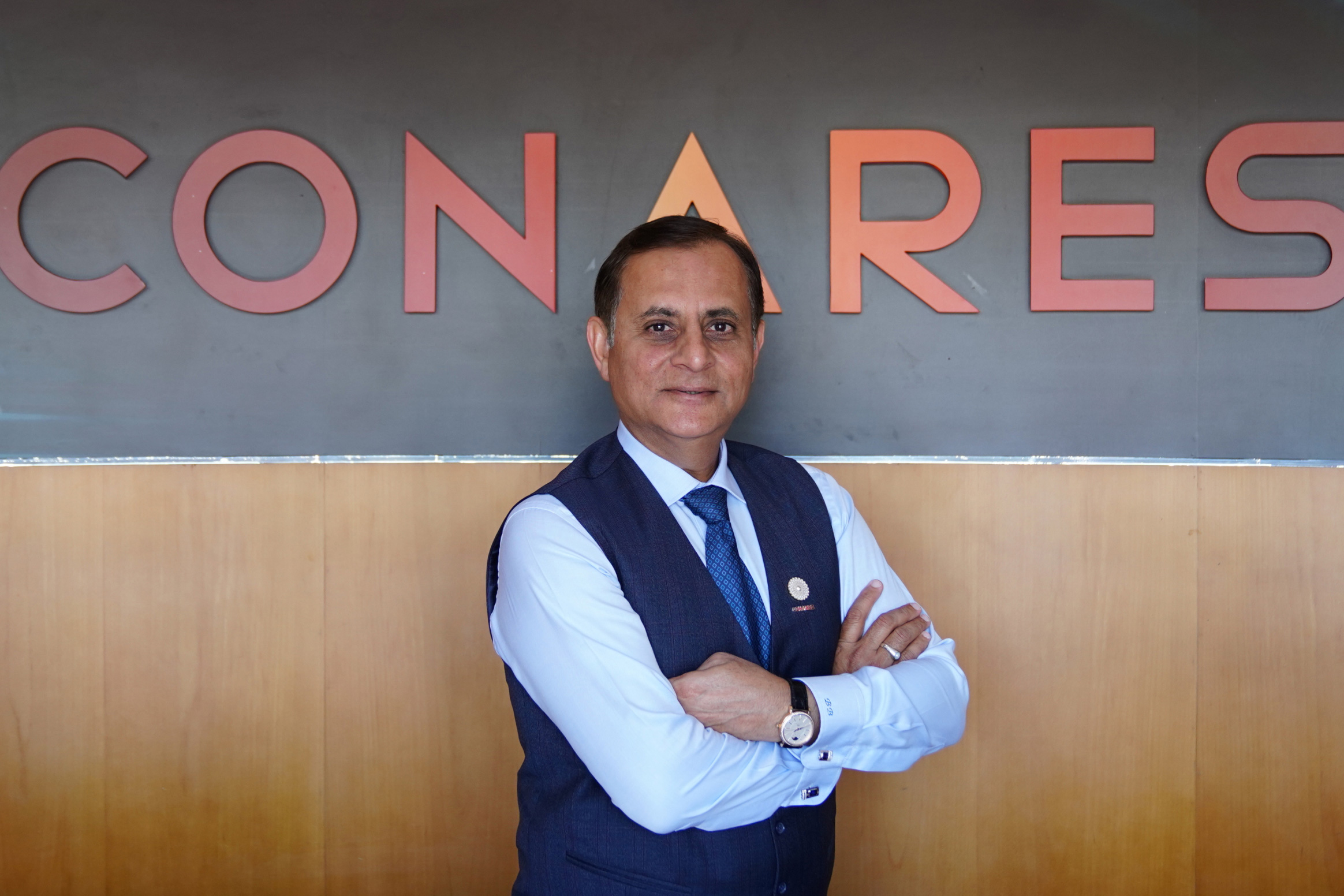
The UAE-India CEPA
The UAE-India CEPA is a major international trade agreement in itself, expected to boost bilateral trade from $60 billion per annum to $100 billion within five years.
It is also a potential “model for other countries looking to establish similar agreements to promote trade and investment,” says Bharat.
Bharat says Dubai’s agreements are uniquely “broad in scope”, and the UAE-India CEPA is no exception, reducing or removing tariffs on more than 80% of products exported from the UAE. It also removes ‘unnecessary technical barriers’ for both Emirati and Indian exporters by, for example, harmonizing regulations around ‘international best standards.’”
This wide-ranging reduction of trade barriers “provides increased market access,” says Bharat, “which can encourage businesses in both countries to explore new opportunities.”
Such exploration is actively supported by the Dubai International Chamber. The government agency works with multinationals to help them set up in Dubai – and with Dubai-based businesses to expand overseas. Its aims to increase Dubai’s international non-oil trade to AED 2 trillion ($545 billion USD) by 2026.
Bharat believes such cross-pollination strengthens supply chains between the UAE and India, by providing greater scope for diversification for businesses in both nations. But it “strengthens global supply chains” as well, he says.
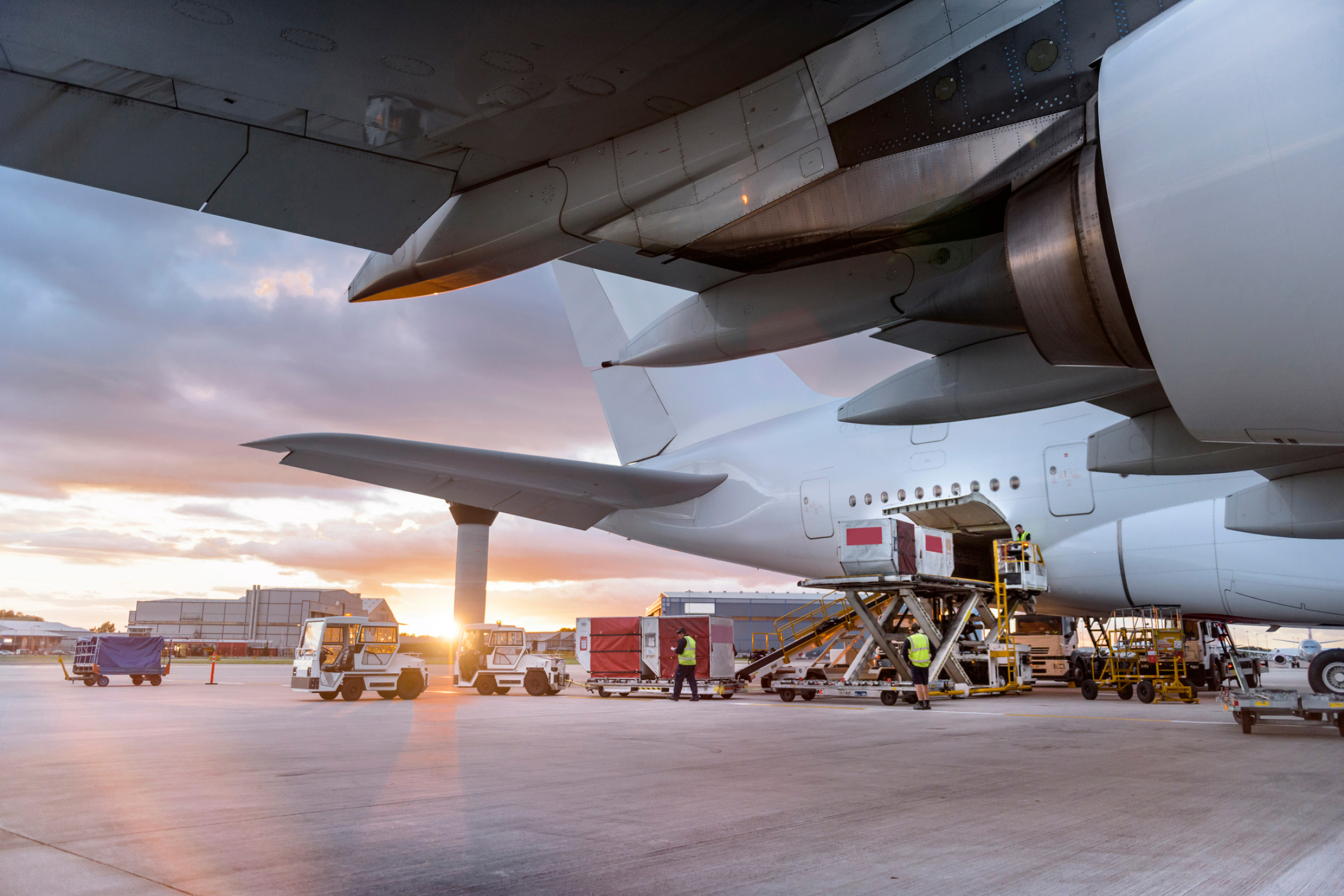
Global waypoint
Easier trade between the UAE and India is significant worldwide because the UAE is a global waypoint. As Bharat puts it, “Dubai is a strategic hub that bridges the east and west,” something his company harnesses to serve a global clientele.
Its central position, well-developed logistics infrastructure, and overlapping trade agreements make Dubai the locus of an inter-connected trade network.
Indeed, a report by Deloitte says that by easing movement between the UAE and India, as well as specific provision on trans-shipments, the UAE-India CEPA is “paving the path for UAE to become a hub for sourcing India’s capital goods and intermediates for further exports to other destinations in Africa and Europe.”
As well as India, the UAE has already signed CEPAs with Israel, Indonesia and Turkey. The country is now working towards signing 26 CEPAs in the coming years, and is currently in negotiation with Cambodia, Georgia and Vietnam.
Essentially, the more direct connections Dubai has – both physical and administrative – the more it can facilitate trade between disconnected markets, which in turn creates more options for supply chain contingencies worldwide.
It’s a function that grows stronger with each agreement forged, such as the UAE’s recent accession to the World Intellectual Property Organization (WIPO) Madrid Protocol, which grants trademark protection to all 124 members with a single application.
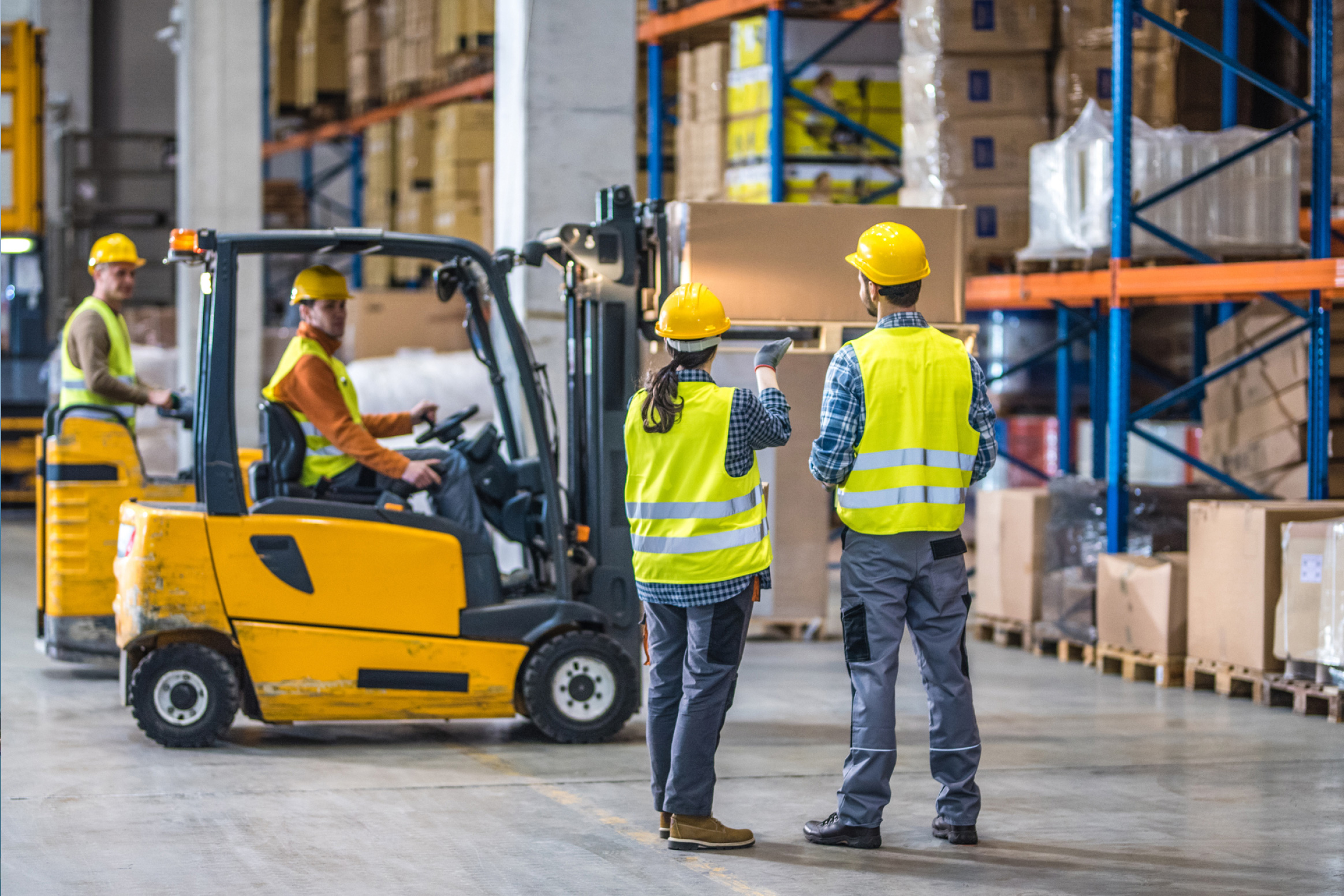
Strength in diversity
Media may focus on ‘deglobalization’, but a parallel diversification is equally essential to achieving supply chain resiliency.
That diversification will necessarily continue to cross borders. The world is too intertwined. Not every nation has every material or capability.
Dubai’s race to liberalize trade strengthens its position as a vital global trade hub. It also makes it a standard-bearer for diversification. Because diversity remains the surest path to strength.





